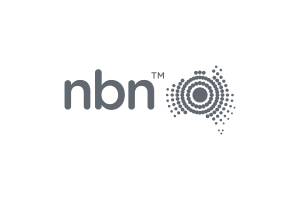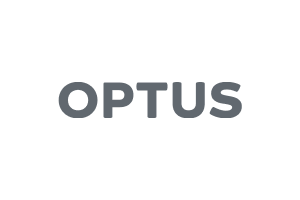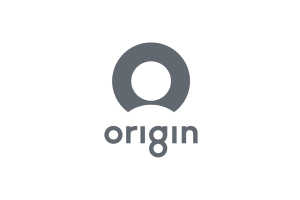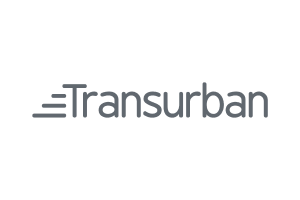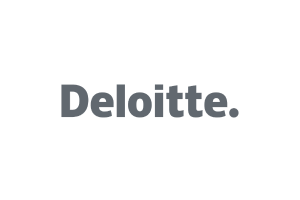In this engaging conversation, Kristian Rayner, Vice President of Enterprise Solutions at MBO Partners, shares his unique journey from a background in physical therapy to the world of contingent staffing. He discusses the challenges faced by independent contractors and the evolving landscape of the labor market, particularly in the context of the gig economy and the need for protections for low-cost workers. The discussion also delves into the complexities of talent acquisition in a competitive market, the importance of internal talent mobility, and the future of diverse talent channels. In this conversation, Kristian Rayner discusses the evolving landscape of work, focusing on the gig economy, compliance challenges, and the importance of strategic workforce planning. He emphasizes the need to shift from traditional job descriptions to project outcomes, the realistic expectations of on-demand talent, and the impact of AI on jobs. Kristian also addresses the resistance to change within organizations and shares insights on building a high-performing remote culture. He concludes with predictions for the future of work, highlighting global talent mobility and the importance of employee well-being.
Takeaways
- Kristian’s journey into contingent staffing was largely accidental.
- The American dream fosters a mindset of opportunity and ambition.
- MBO Partners supports both independent contractors and enterprises in navigating the gig economy.
- There is a significant difference between high-end and low-cost independent contractors.
- Protections for low-cost workers are essential to prevent exploitation.
- The labor market is facing a paradox of skill shortages and demographic decline.
- Companies need to rethink their talent acquisition strategies to adapt to changing market conditions.
- Internal talent mobility can help retain skilled employees and reduce turnover.
- Emerging markets offer new opportunities for sourcing talent.
- A diverse approach to talent channels is necessary for effective workforce solutions. The gig economy presents unique compliance challenges for businesses.
- Shifting focus from job descriptions to project outcomes can enhance talent acquisition.
- On-demand talent requires realistic expectations regarding onboarding and availability.
- Strategic workforce planning is essential for anticipating future talent needs.
- AI’s impact on jobs is a double-edged sword, requiring careful consideration.
- Resistance to change is a significant barrier in workforce transformation.
- Leadership and change agents are crucial for driving organizational change.
- Building a high-performing remote culture requires trust and collaboration.
- Employee well-being is increasingly important in a remote work environment.
- Global talent mobility will shape the future of work.
Chapters
00:00 Introduction and Background of Christian Reiner
07:55 Understanding MBO Partners and Its Challenges
14:57 The Dichotomy of Independent Contractors
18:11 Navigating the Labor Market Paradox
22:53 Solutions for Talent Acquisition Challenges
27:40 The Future of Talent Channels and Platforms
29:38 Navigating the Gig Economy and Compliance Challenges
32:36 Shifting Focus: From Job Descriptions to Project Outcomes
34:39 On-Demand Talent: Realistic Expectations and Speeding Up Processes
36:34 Strategic Workforce Planning: Preparing for Future Talent Needs
39:40 AI’s Impact on Jobs: Balancing Optimism and Concern
46:04 Overcoming Resistance to Change in the Workforce
49:50 Leadership Insights: Learning from Adversity
52:11 Building a High-Performing Remote Culture
56:01 The Future of Work: Global Talent Mobility and Employee Well-Being







